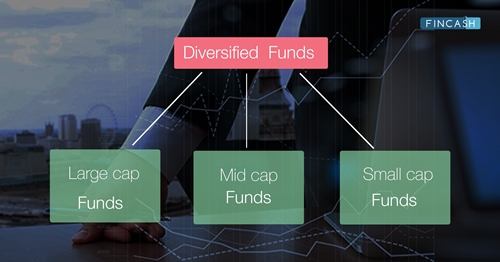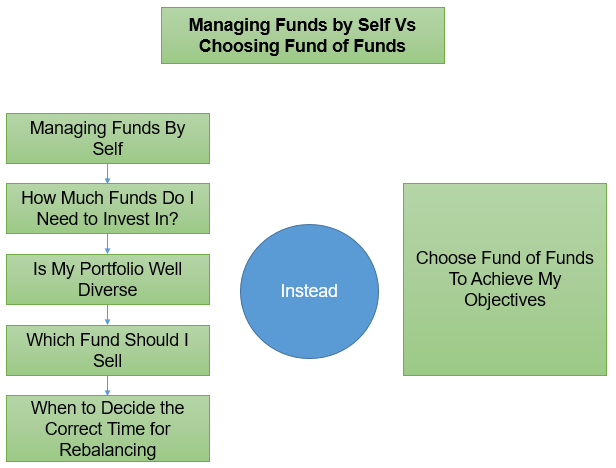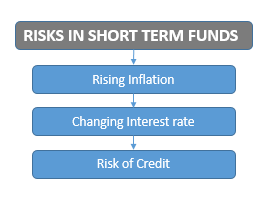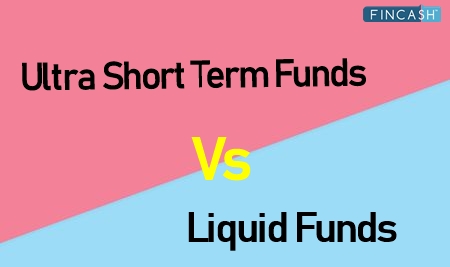Unclaimed Funds
The Unclaimed funds definition says that 'after the assets are turned over to the authorities, the rightful owner or their beneficiary must file a claim to get back the assets or funds'. If the assets or funds are belonging to an estate, the claimant may be required to prove his/her rights to the said funds or property.

At the time of claiming the unclaimed funds or property, if their value has increased, then the state may assess the Taxes as ordinary Income at that time. Besides, states have also established several laws and processes to help the legal owners of assets to reclaim their unclaimed property or funds.
Unclaimed Funds in Detail
Unclaimed funds may include dormant Bank accounts, uncashed payroll checks or similar other checks, insurance payments, Bonds, stocks, security deposits, dividends, estate proceeds, etc. If the dormancy period is crossed, the unclaimed fund will typically be handed over to the state in which the said property or assets are located.
The dormancy period refers to the duration between the time when a financial institution declares an asset or account as unclaimed and the time when the government feels that the asset or property needs to be abandoned. The dormancy period is generally 5 years for most of the states.
Once the state designates the property or funds as unclaimed or abandoned, the assets undergo a process called escheatment. In this system, the state assumes itself as the property's ownership until the rightful owner makes a claim.
The state may take custody of the unclaimed property after the passage of the dormancy period. Some of the reasons the funds are turned over to the state include the failure to update one's forwarding address after shifting to a new one, the account holder’s death, or simply forgetting about the account altogether.
If the rightful owner claims the unclaimed property within the dormancy period, then it won’t be taxable. However, the moment the property is turned over to the government, the owner needs to reclaim it, and hence, the property is officially labeled as a Taxable Income.
But there are some exceptions here. For instance, certain unclaimed funds like an IRA or the investments made from a 401 (k), which is an employer-sponsored retirement savings plan.
Talk to our investment specialist
Ways to Verify Unclaimed Funds
There are numerous ways offered by governments that help to check and monitor unclaimed funds. For instance, the IRS (Internal Revenue Service) enables taxpayers to track the online refund status. The IRS also allows taxpayers to Call the customer support system via the hotline offered.
Since the online refund process is much faster and easier, as well as cost-effective to maintain compared to phone systems, customers may only be required to call if the refund payment delivery extends beyond a certain time frame (say, for example, 21 days from receiving the Receipt).
In the States, the federal government doesn't yet have a solution to help people check for the status of their unclaimed property or funds. While some government agencies are restricted from contacting the owners of the unclaimed funds over the phone. It's because scammers can play fraud activities in the public once they know the limitation.
In yet some other cases, the names of the individuals who owned money are listed publicly. An example of this is the PBGC (Pension Benefit Guaranty Corporation).
The moment someone asks for an SSN (social security number), a fee, or any banking information, then that's a key indicator of someone attempting to defraud you.
All efforts have been made to ensure the information provided here is accurate. However, no guarantees are made regarding correctness of data. Please verify with scheme information document before making any investment.











